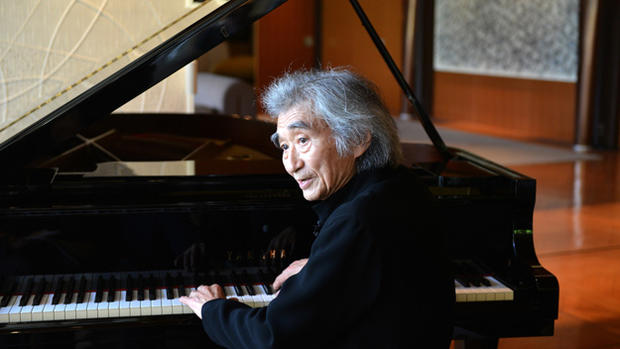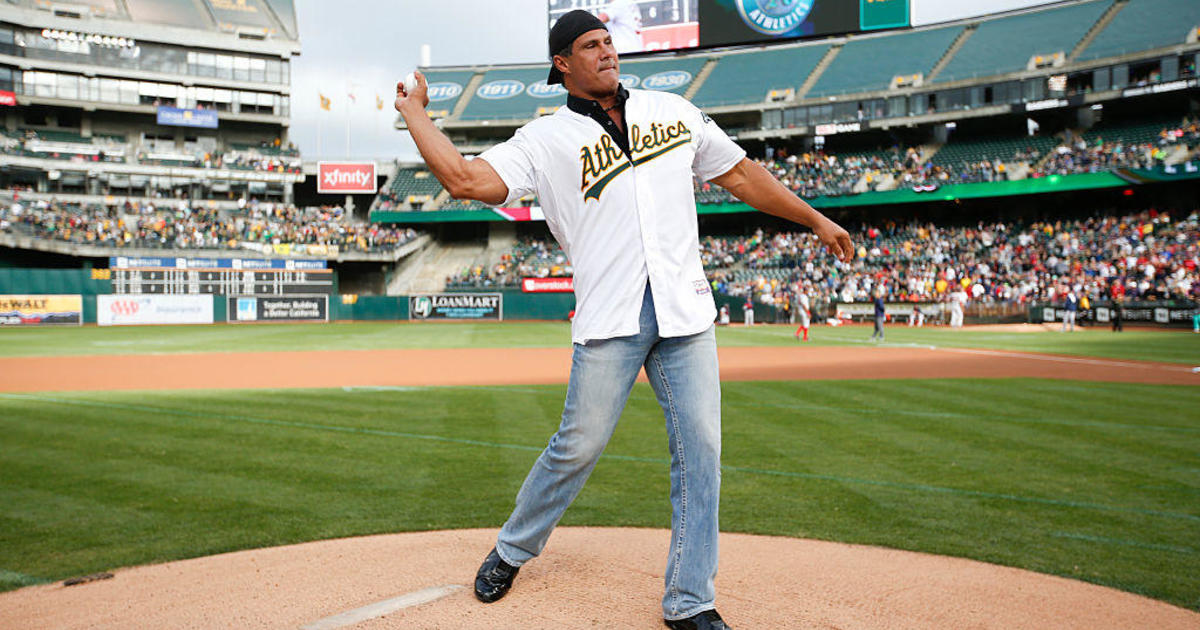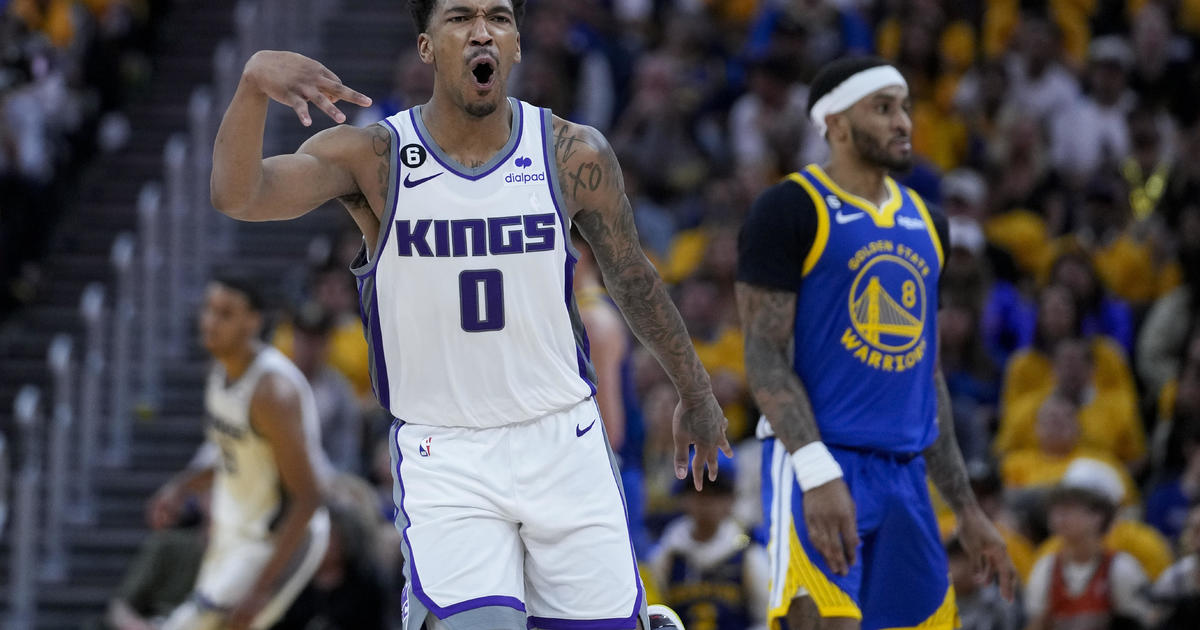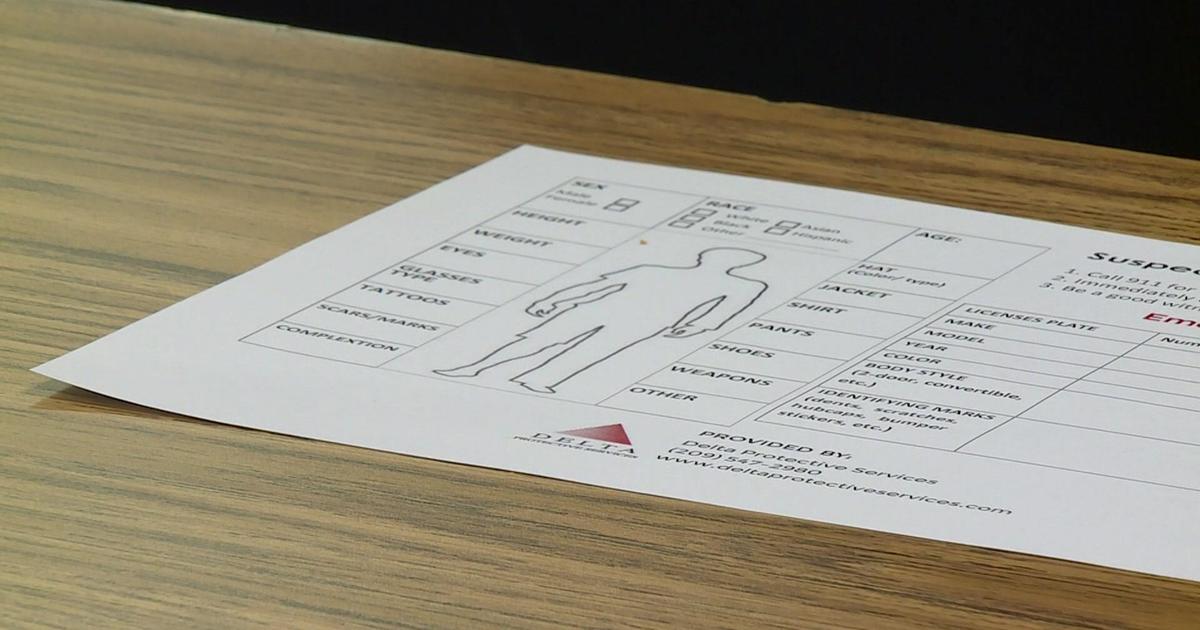Seiji Ozawa: Portrait Of A Multicultural Music Master
World-renowned Japanese maestro Seiji Ozawa’s infamous career offers a classic example of the kind of unexpected good fortune one can find when forced to veer off of an intended path and travel in another direction. Ozawa originally wanted to be a professional pianist, but he changed his course after breaking both of his index fingers while playing rugby. It was Ozawa’s music teacher, Hideo Saito, who helped shift his focus from performance to conducting, and the trajectory of his life was forever changed.
Osawa won his first conducting prize at the International Competition of Conductors in Besancon, France. He went on to become one of the most important figures in contemporary classical music. He served as music director of the Boston Symphony Orchestra for an unparalleled 29 seasons and has traveled the world to conduct some of the biggest orchestras across multiple continents. He has recorded more than 140 works of more than 50 composers. As a 2015 Kennedy Center Honoree, Seiji Ozawa is being recognized for his outstanding contribution to classical music and the arts on a global scale.
Early Life
Seiji Ozawa was born in China in 1935 to Japanese parents. He began studying piano when the family returned to Japan in 1944, but had to abandon the effort after he suffered a rugby injury that affected his fingers. He caught the attention of Charles Munch, music director of the Boston Symphony Orchestra, after he won his first conducting prize and was invited to study at the Berkshire Music Center (which is now the prestigious Tanglewood Music Center). Extremely gifted, it didn’t take Ozawa long to win the school’s top honor, the Koussevitsky Prize.
He then moved to West Berlin under a scholarship and studied with Austrian conductor Herbert von Karajan, followed by Leonard Bernstein, who appointed him his first professional conducting post as assistant conductor of the New York Philharmonic orchestra. Ozawa's keen musical instincts were obvious even then, but the bright, Japanese conductor may not have known he would go on to rule Western music.
Boston Symphony Orchestra and International Conducting
Ozawa came full circle when he returned to the Boston Symphony Orchestra in 1973 to lead it, while carrying a dual directorship with the San Francisco Symphony Orchestra until 1976. He served as music director from 1973-2002 and made history as the BSO’s longest-serving director with his 29-season tenure. Tanglewood dedicated the Seiji Ozawa Concert Hall to his honor in 1994, and he earned his first Emmy Award for a PBS special “Evening at Symphony” while he was there.
He has conducted several international orchestras including the Toronto Symphony Orchestra, the Berlin Philharmonic, the Vienna Philharmonic, Japan’s NHK Symphony and Japan Philharmonic. Ozawa has been candid about his inability to understand many different foreign languages. Alas, music is a universal language and needs no words to convey its meaning. Like an intimate dance, where a conductor leads, an orchestra will follow. Ozawa commands the pieces he conducts with complete authority and frequently uses his eyes and expressions to convey his intent to take the orchestra and audience on a musical journey.
Achievements and Accolades
On the surface, Seiji Ozawa has carved out his musical legacy by defying conventions. He is a native Japanese artist who made a distinct choice to follow Western music traditions. He asserted individuality on the podium by wearing a white turtleneck at times instead of a white shirt and tie. He strives for sonic perfection over emotional resonance. Still, he has emerged as a master in the distinguished circle of his fellow international maestros and has become a musical hero to young musicians in Japan.
His career stretches over five decades, during which he has earned numerous prizes and awards including two Emmys and a Grammy. He was named a Person of Cultural Merit in Japan and was also a recipient of Order of Culture from Japan and Order of Friendship from Russia, among many others.
Finally, he founded the Saito Kinen Orchestra, the Seiji Ozawa Matsumoto Festival and the Ozawa International Chamber Music Academy in Okushiga to support young musicians. Now 80, Seiji Ozawa remains a visionary music master that can transcend cultural boundaries with a single wave of his baton.
“The 38th Annual Kennedy Center Honors” will air Tuesday, Dec. 29 (9:00 – 11:00 PM, ET/PT) on CBS. Stephen Colbert returns to host for the second yer in a row.
For more CBS entertainment news, click here.
Lori Melton is a freelance writer. Her work can be found on Examiner.com.




